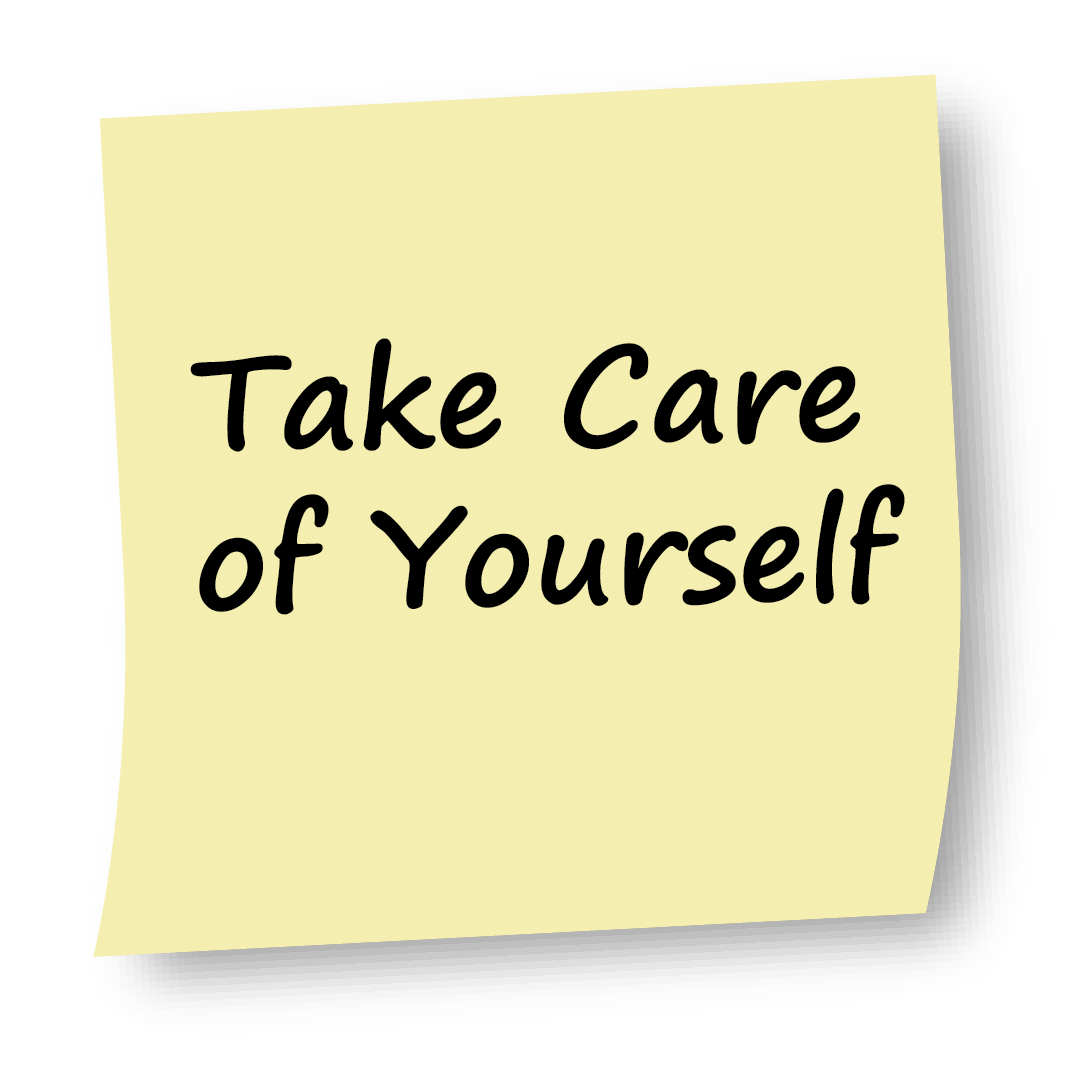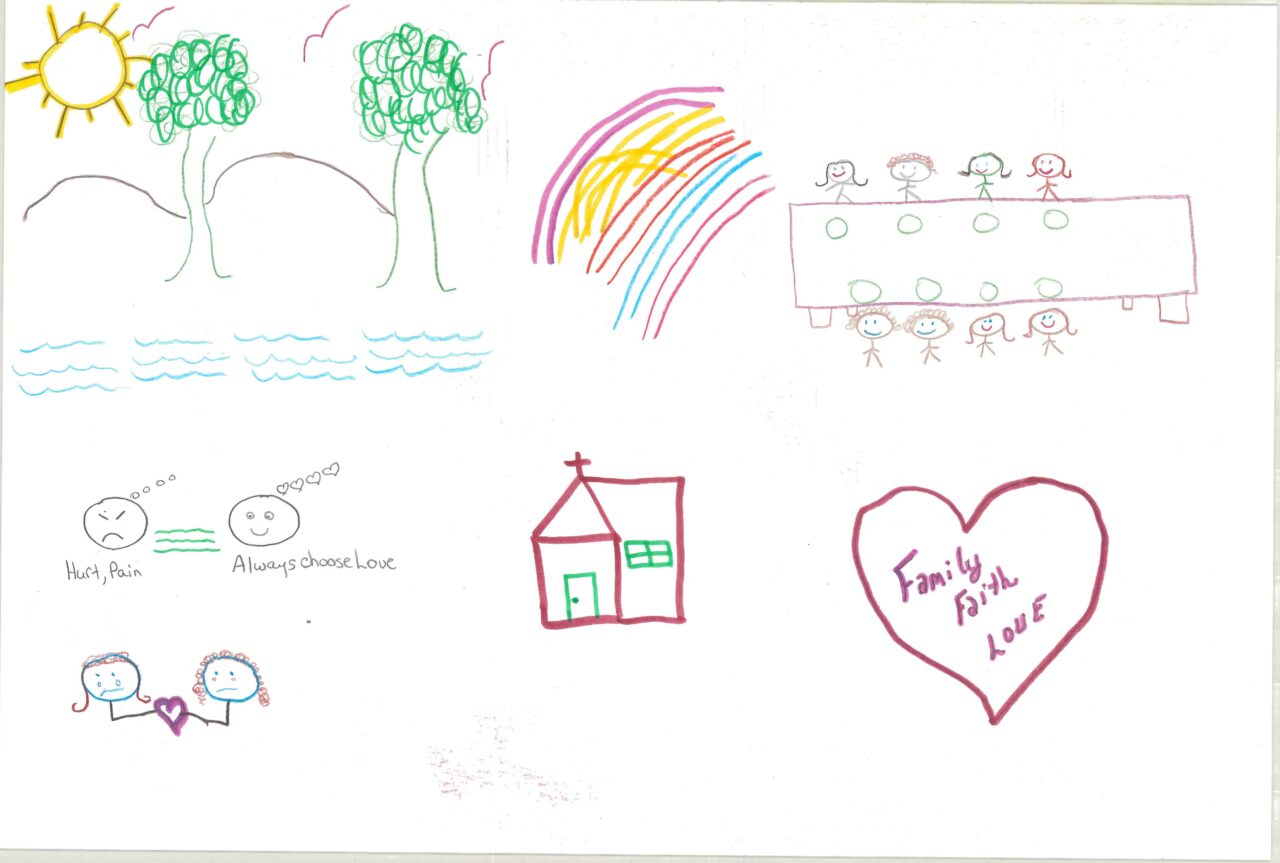Navigating the System
Contents
NAVIGATING THE MEDICAL SYSTEM
What we have learned is that we experience the system differently based on several factors, some that are under our control and others that are not. Commonly in seeking help for our young person we connect with someone who knows a lot of resources. They will send you to websites, provide you with brochures, and tell you about parenting courses that exist. This can
be helpful but can also feel demoralizing and minimizing when you are the main advocate for your young person and their needs are immediate and dire. You may hear from other families that there are teams and supports that have been helpful for their young person that you were not made aware of. As a parent or caregiver striving to do everything to save your young person’s life, navigating the system is often confusing, infuriating and ultimately exhausting.
Many of us have found that the most helpful first step in navigating the system is to find a support group for yourself. There you will meet other parents and caregivers who are on the same journey, who may be a few months or years down the road, who know about the services firsthand, will have contact information and can share what has worked and what has not for their own young person.
Often your first interface with the system is your young person getting into trouble at school. For example, they might get suspended for smoking or selling weed. They might get into a fight after using cocaine. They might just be skipping school every day to hang out in a friend’s basement and use substances.
One thing to keep in mind is that you can access a lot of these services without your young person and get support for yourself (click for resources) Support for Yourself.
What we have learned is that there is no easy solution. There is no, “If they do A, B, and C, they will get better”. But if you are a parent or caregiver of a young person whose substance use has become problematic, you probably know there is no clear path. There is a lot of desperation as you are trying everything to keep them alive.
The “system is broken” is a common phrase because our young people need 24-hour services: more treatment beds, different levels of housing, wraparound supports, a continuum of care, greater capacity at hospital emergencies, and services that do not end on the weekend. But even with a perfect system, we are regularly told by service providers and other families that our young person needs to want help.
YOUR YOUNG PERSON’S RIGHTS
In Ontario, under the Health Care Consent Act, there is no set age when a young person is considered capable of giving consent to a medical treatment, even if they are considered minors (under the age of 19). If a young person can understand what the medical treatment involves, why it is being offered, and the associated risks and benefits, they are deemed to have the ability to consent to their own medical care. This means that they can accept or refuse treatment without parental consent. They can also choose to keep information about their personal health private.
As a parent or caregiver, you may be used to having some say in what your young person does. It can be a shock to realize that you do not have control over whether they get help to address their substance use.
For more information on the medical rights of young people in Ontario, please access the Health Care Consent Act.
NAVIGATING THE LEGAL SYSTEM
Supporting a young person in the legal system can be very challenging. What might be a good fit for one person might not be for another. It also can seem that as parents we are excluded from the court process and that it is hard to get answers or results. Here are some things that we can share that have helped us. Please take note this is not intended as legal advice and every situation is different.
- Your young person may be assigned a lawyer, or you may have to contact legal aid to get legal representation for your young person. You may also hire private counsel at your expense if it is within your means.
- The lawyer represents your young person and their rights. They do not have to communicate with you or share anything that your young person has not consented for them to share.
- If possible, attend court appearances to be kept in the loop and hear what is happening with your young person’s case. Even if your young person is not living with you, you can request copies of court reports and psychiatric/psychological assessments prepared in your young person’s case.
- Parents may also address the court (judge/Crown counsel) directly and judges often appreciate the input of family members when making important decisions about a young person.
- Find out who your young person’s probation officer is and keep in contact with them. They can be an excellent resource and provide you extra support and resources.
- Your young person’s case might be diverted from the criminal courts (i.e., alternative measures).
- Prior to sentencing, there will be a pre-sentence report compiled by the probation officer. They will go over your family history, as well as your young person’s academic, health and substance use history. Any other relevant information will be presented to the judge for consideration when deciding on what legal ramifications they will be imposing.
- If your young person requires mental health support, ask that they be referred to Youth or Adult Forensic Psychiatric Services. Their team has a psychiatrist, psychologist, counsellors, mental health social worker, psychiatric nurse and family therapists. Attending these services can be included in your young person’s court order if they are under 18.
- Do not give up. You will most likely have to keep advocating for your young person to get results.

A PARENT’S EXPERIENCE
Reaching out to other parents to share resource ideas has been an important part of this recovery process for me. This describes some of the places where we found help:
- concerned friend
- concerned sibling
- private counsellor
- high school counsellor
- private treatment centre including second stage housing
- AA/NA
- sponsors
- online parent group for families of treatment centre attendees

It is important that you take care of yourself and speak to someone so that you can express your sorrow, whether it is with trusted friends and family, a counsellor, or peers.
Please refer to Support for Yourself section Tweet

